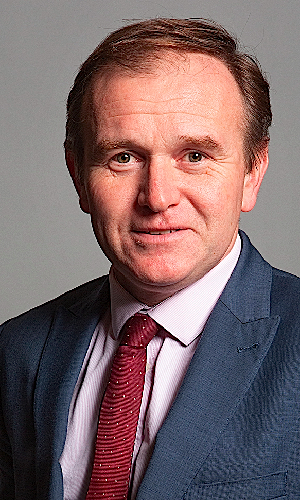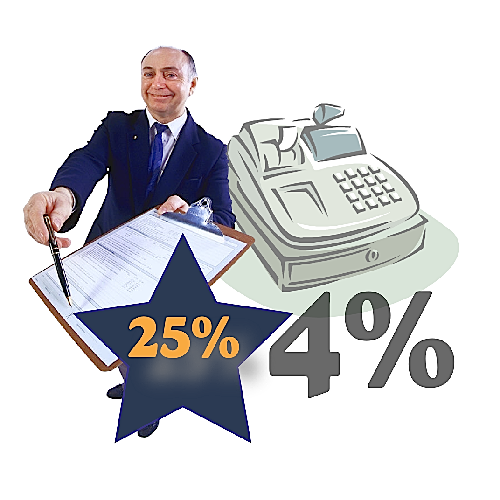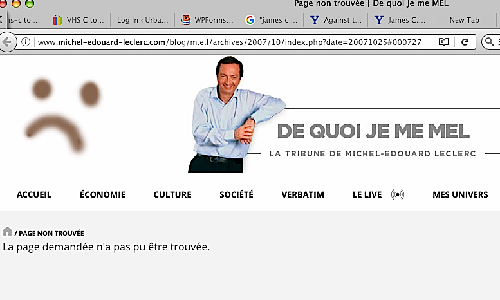UK fresh produce wholesalers were among the first adopters of end-to-end database-driven stock management. In the early 90s, when multiple retailers were rolling out electronic Point Of Sale systems, overnight there was enough reliable data to drive ordering and procurement systems.
To maintain year-round availability of core inventory, wholesalers needed to be very granular in what constitutes an SKU. By the standards of the day, the databases they developed were ahead of their time. By around 1994, one wholesaler was tracking product grades by (16-bit) colour, calibration range, farmgate and dockside Brix, crop/season dates, with regional adjustments for weather bringing seasons forward or holding them back.
The SKUs were effectively large matrices, with a very long tail of incremental detail that went far beyond grower details and crop varieties. The database effectively became the business and was stored in triplicate on hard drives that were lodged in rotation with the bank: one active, two off-site, rotated daily.
With a global reach, shiploads of third country fresh produce were being sold while the goods were still on the water. Title remained with the consignee until after the ship had docked and unloaded.
For third country fresh produce, the transition from the Common European Tariff to the UK Global Tariff is a detail for which the variables are knowable in advance. For third country produce, the UK already has the PEACH system (Procedure for Electronic Application for Certificates) which is run by DEFRA. Visit https://www.gov.uk/guidance/automatic-licence-verification-between-defra-rpa-and-hmrc where you can download a spreadsheet that maps CN numbers on to plant varieties and gives handling details for importers. The back end of PEACH is currently plumbed into TARIC-3, so a UK-based replacement is doubtless in hand.
Import duty on imported fresh produce can be agreed on the basis of a Method 4 valuation, agreed by HMRC (https://www.gov.uk/government/publications/fresh-fruit-and-vegetables-under-method-4-valuation). EU-grown fresh produce should be transferable to this method when the time comes, as the need arises.









